SUSTAINABILITY PROGRESS REPORT 2023
October 2023

Workwear Group acknowledges the Traditional Owners of Country throughout Australia and pays respect to Elders past and present.
Workwear Group also acknowledges Māori as tangata whenua and Treaty of Waitangi partners in Aotearoa New Zealand.
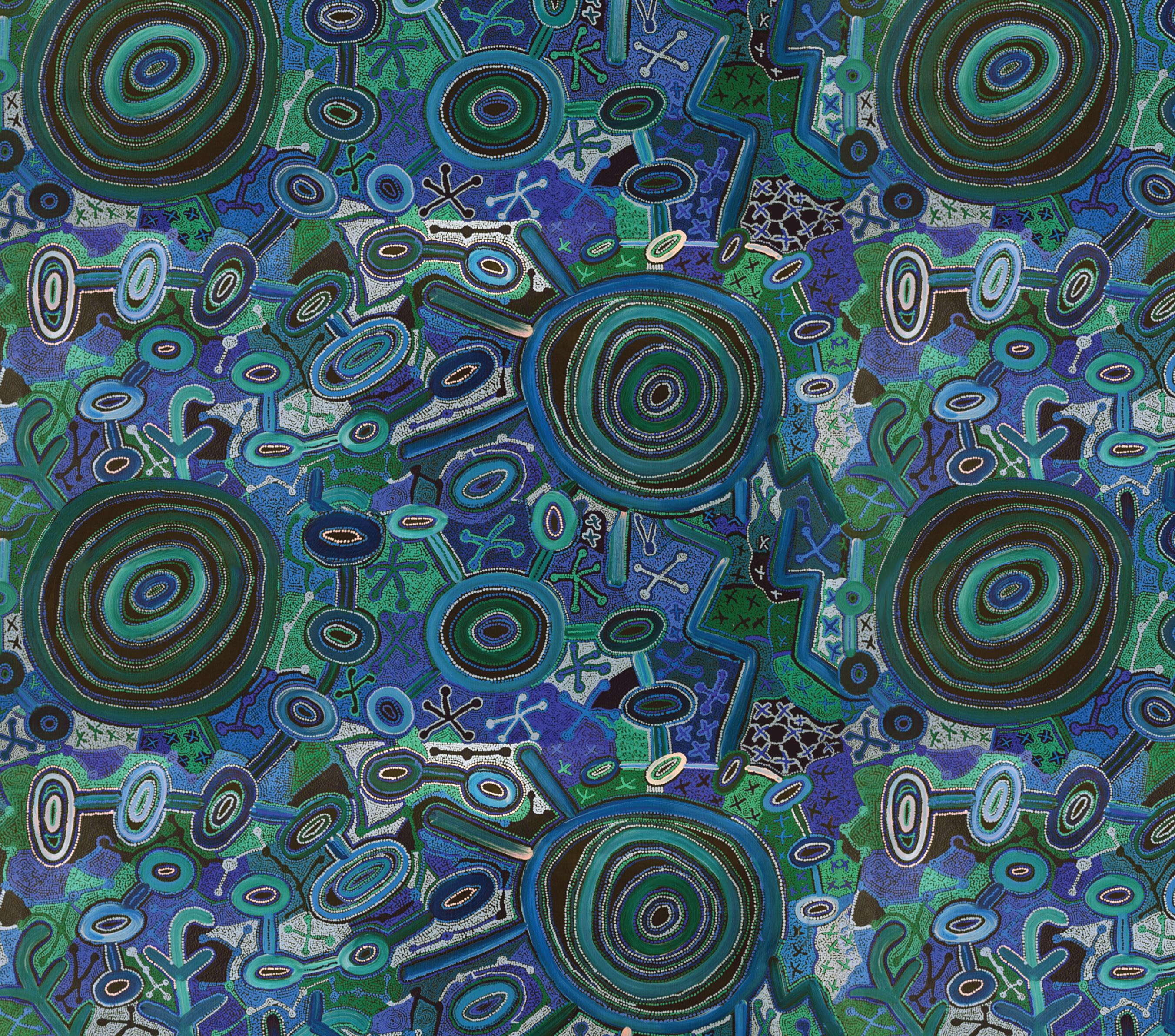
Workwear Group Sustainability Progress Report 2023 3 Contents Foreword from Executive General Manager - Prashant Billimoria 4 About Workwear Group 5 Workwear Group’s Approach to Sustainability 6 Sourcing: Progress Highlights 8 Ethical Sourcing & Human Rights 10 Fibres 12 Environment: Progress Highlights 14 Climate Change Resilience 16 Recycling and Diversion from Landfill 17 Packaging 18 Garment End-Of-Life Solutions 20 Transitioning to a More Circular Approach 22 People: Progress Highlights 24 Reconciliation 26 Community: Progress Highlights 28 The Big Issue 30 Supporting New Zealand 31 Data Table 32
FOREWORD
Executive General Manager
Prashant Billimoria
Workwear Group is a leading workwear solutions provider in Australia and New Zealand, backed by one of Australia’s largest listed companies, Wesfarmers. For over a century, we’ve outfitted millions of people worldwide. Sustainability has been a key focus for our business, as we strive to make a difference through focusing on continuous improvement and innovation.
We recognise the value that our team members, our customers, and our stakeholders place on being good corporate citizens. It is one of the reasons why we have implemented a robust sustainability agenda to guide how we source and create products, care for our people, and reduce our impact on the planet. We have made strong progress to date, and I am excited about what more we can achieve together.

Last year, we launched our inaugural Sustainability Report, which consolidated our efforts up to and including the 2021/2022 financial year (FY22). This second report shows how we have continued to advance and strengthen our sustainability strategy in the 2022/2023 financial year (FY23), with a laser focus on key topics, specifically:
• reducing emissions, with the goal of achieving Net Zero (Scope 1 and 2 emissions) by 2035
• reducing packaging and tackling garment waste, and
• delivering our commitment to Reconciliation, embedding diversity and inclusion across our team, and supporting our local communities.
We pride ourselves on ‘walking the talk’ and take full responsibility for the products we create. We work hard towards ensuring that all Hard Yakka, KingGee, NNT and Workwear Group Uniforms products are sourced ethically, and are of high quality, design and manufacture.
And you don’t just have to take our word for it. We seek independent verification, including:
• Accreditation to Ethical Clothing Australia (ECA) - Accreditation Number 168/15
• Certification to ISO 9001:2015 – Quality management systems – Requirements
• Ethical supplier audits undertaken by thirdparty auditing bodies, with results monitored via the Sedex reporting platform.
Being genuine and transparent about what we do and where we are headed is important to us. That’s why we’re really deliberate and considered in how we set goals and targets across our business, including when it comes to sustainability. We are confident in our ability to deliver against our ambitions and want you to be as well.
We know that sustainability and legislative landscapes are ever evolving, as are the needs of our consumers and the capabilities of our suppliers and other partners. As you can see in this report, we embrace the opportunity to think, work and act differently so we can deliver on our bold ambitions and continue to lead positive change.
4 Workwear Group Sustainability Progress Report 2023
I am proud to share this progress report with you, as it reflects Workwear Group’s ongoing journey to deliver more sustainable outcomes and transition to a more circular approach.
About Workwear Group
Workwear Group, which is owned and backed by Australianlisted company, Wesfarmers, is proud to be a leader in specialised uniform solutions. Its vision is to be the leading workwear solutions provider.
Every day, Workwear Group’s diverse and talented team creates workwear that helps someone, somewhere be part of something; fulfilling its mission to make every wearer feel proud, protected, and positive at work, rest, or play.
From humble beginnings supplying garments to the Australian contingent in WWII, Workwear Group now serves more than one million customers worldwide from its operations in Australia and New Zealand.
Workwear Group owns iconic Australian brands Hard Yakka, KingGee and NNT Uniforms. These world-class apparel, uniforms and footwear ranges have been part of the Australian DNA for decades. Workwear Group’s custom, bespoke uniforms solution program - available through Workwear Group Uniforms - services over 150 customers in Australia and New Zealand, including Qantas, ANZ, BNZ, Westpac, Australia Post, NZ Post, Ambulance Victoria, Queensland Health, Fire & Emergency NZ and Australian Defence Force. Also Workwear Group’s franchise brand, Totally Workwear is Australia’s largest network of workwear specialist destinations for iconic workwear, footwear and safety brands, and has 96 franchise stores. Workwear Group prides itself on its commitment to corporate social responsibility. It strives for the best in ethical compliance, sustainability, and sourcing to ensure its workwear isn’t just good for people, it’s better for the planet too.
Port Melbourne, VIC Newington, NSW Hendra, QLD Thebarton, SA
Albany, NZ
Melbourne Airport Distribution Centre, VIC Welshpool Distribution Centre, WA Mascot Distribution Centre, NSW
Albany Distribution Centre, NZ
Totalcare Auckland and Christchurch
Queensland ThirdParty Logistics (3PL) Distribution Centre, QLD Office Locations Distribution Centre
Workwear Group Sustainability Progress Report 2023 5
Workwear Group and its brands operate within the broader Wesfarmers sustainability framework, and it takes full responsibility for the products it creates.

Workwear Group has four sustainability pillars - Sourcing, Environment, People and Community - that guide how it sources and creates products, cares for its people, and reduces its impact on the planet.
Workwear Group’s Approach to Sustainability SOURCING ENVIRONMENT
These pillars are aligned to the seven United Nations’ Sustainable Development Goals (SDGs) on which Workwear Group believes it can make the most impact.
Within its sustainability pillars, Workwear Group has identified material issues and targets that are most relevant to its operations and stakeholders, including customers and team members.
Material Issues
• Ethical sourcing and human rights
• Product safety
Relevant SDGs
Goal 8: Promote sustained, inclusive and sustainable economic growth, full and productive employment, and decent work for all
Goal 12: Ensure sustainable consumption and production patterns
Material Issues
• Waste
• Packaging
• Climate change resilience
• Product stewardship
Relevant SDGs
Goal 12: Ensure sustainable consumption and production patterns
Goal 13: Take urgent action to combat climate change and its impacts
6 Workwear Group Sustainability Progress Report 2023
Workwear Group’s sustainability vision is to have a positive influence on the community, the products it creates and the planet.
WORKWEAR GROUP’S SUSTAINABILITY PILLARS

PEOPLE COMMUNITY
Material Issues
• Health, safety and wellbeing
• Diversity and inclusion
• People development
Relevant SDGs
Goal 3: Ensure healthy lives and promote wellbeing for all ages
Material Issues
• Community contributions
Relevant SDGs
Goal 5: Achieve gender equality, and empower all women and girls
Goal 10: Reduce inequality within and among countries
Goal 5: Achieve gender equality, and empower all women and girls
Goal 17: Strengthen the means of implementation and revitalise the Global Partnership for Sustainable Development.
Workwear Group Sustainability Progress Report 2023 7
Progress Highlights SOURCING
Workwear Group sources quality products in an ethical and responsible manner that considers worker welfare, health and safety, and potential environmental impacts.
FY23 Highlights
Material Issues
• Ethical sourcing and human rights
• Product safety
Workwear Group upholds rigorous standards of its own and as part of Wesfarmers, and engages fairly with suppliers to advance respect for human rights and help improve their social and environmental practices. Workwear Group’s Compliance and Ethical Sourcing Strategy and Sustainable Material Strategy aligns with the United Nations’ Sustainability Development Goal 12: Responsible Production and Consumption.
98%
branded product suppliers onboarded to ethical sourcing framework
98
ETHICAL COMPLIANCE audits completed
~70%
cotton from preferred* or ‘more sustainable’
641
PRODUCT SAFETY audits completed
8 Workwear Group Sustainability Progress Report 2023
*Preferred cotton at Workwear Group includes cotton sourced through Better Cotton, Australian Cotton, recycled cotton and organic cotton.
~70% cotton sourced preferred* ‘more sustainable’ sources
Launched
‘Designfor Recyclability’ initiative
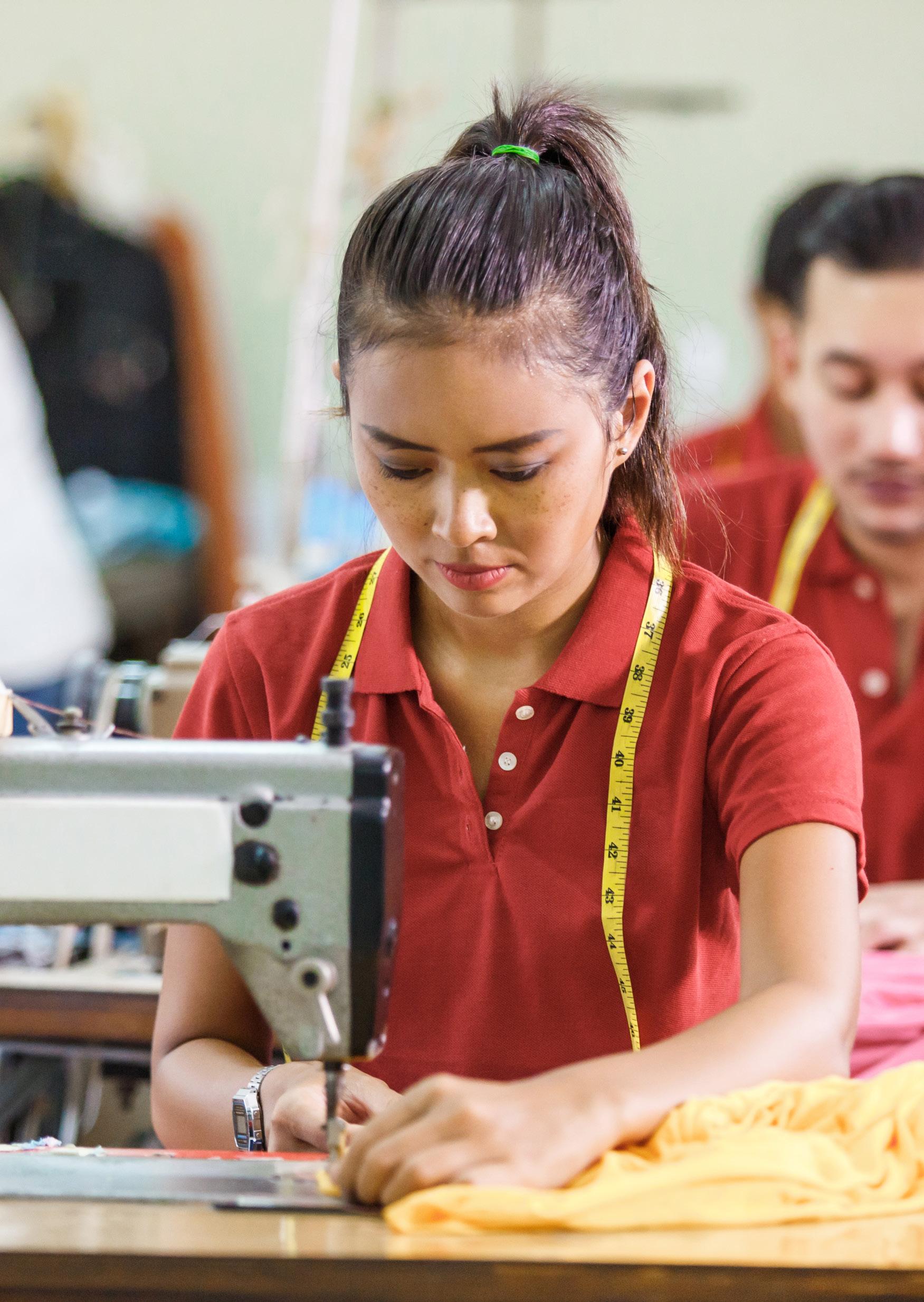
Ethical Sourcing & Human Rights
Workwear Group adheres to strict measures which are designed to prevent modern slavery and it includes all suppliers in its ethical sourcing program. Workwear Group prepares an annual modern slavery report, published in Wesfarmers annual modern slavery statement, and also participates in Wesfarmers’ Human Rights forums.
Key Targets
Workwear Group has reported ‘actual data’ for FY23 (as actual data is a more accurate reflection of activity).
FY23 Result
• 98% of branded product suppliers onboarded to Workwear Group’s ethical sourcing framework
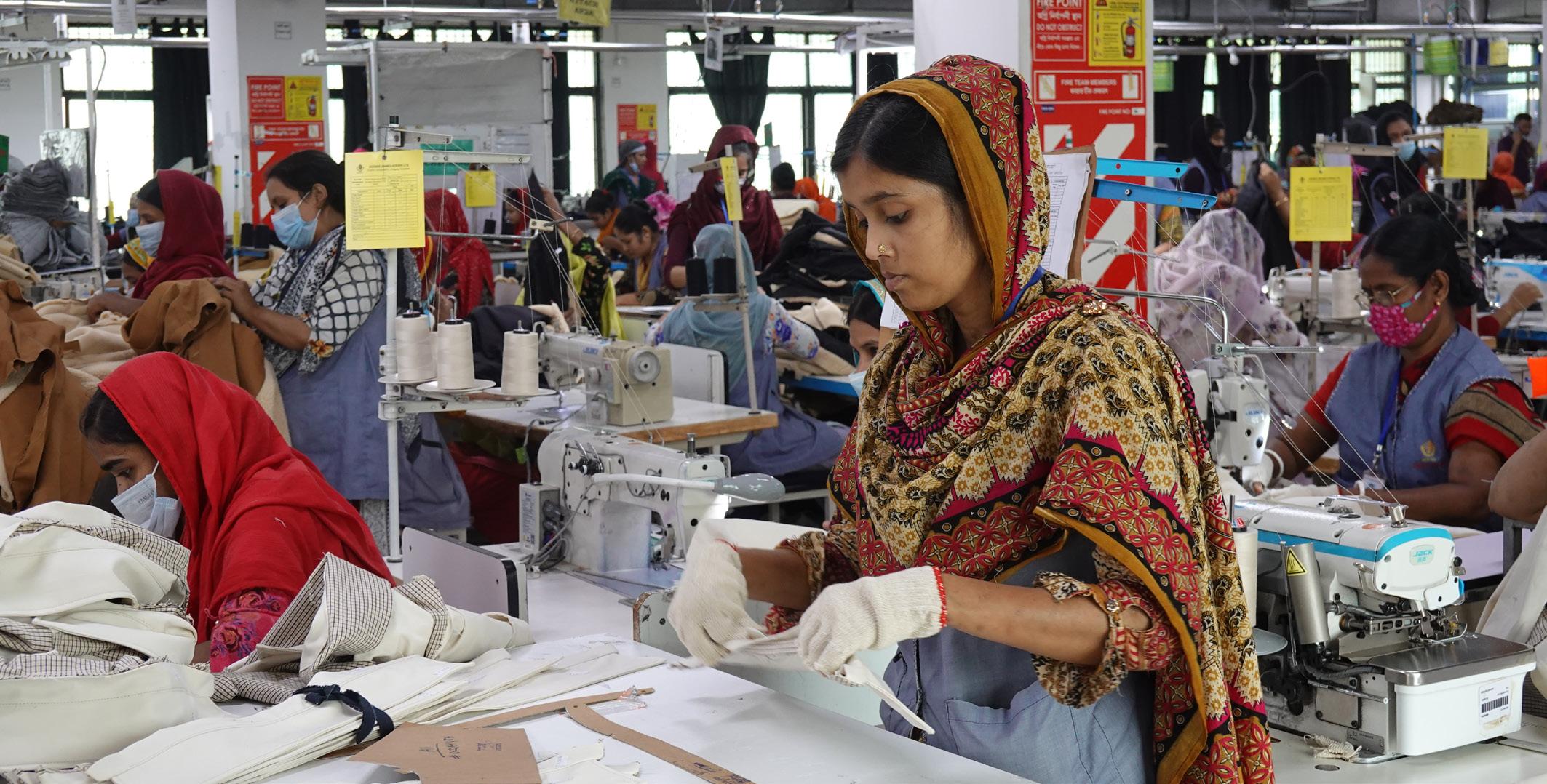
• 98 ethical compliance audits completed (55% announced, 44% semi-announced, 1% unannounced)
• 641 product safety audits completed via Workwear Group’s internal quality program
• 98.2% of Workwear Group team members completed ethical sourcing, modern slavery and human rights training.
FY23 Highlights
• Extended the rollout of the ‘Your Voice, Worker Helpline’ grievance system to all suppliers located in China
• Established FY24 Ethical Sourcing Key Performance Indicators and tracking mechanisms to enhance ethical sourcing and human rights performance reporting and evaluation.
Next Steps
• Extend the ‘Your Voice, Worker Helpline’ grievance system to a total of 42,000 workers
• Further transition to semiannounced Sedex Members Ethical Trade Audits (SMETA), which provide a more objective picture of actual standards and compliance levels amongst supply partners.
10 Workwear Group Sustainability Progress Report 2023
‘Your Voice, Worker Helpline’ Rollout
In FY23, Workwear Group extended the rollout of an independent grievance mechanism known as the ‘Your Voice, Worker Helpline’ to all suppliers located in China. It also held induction sessions for suppliers based in Indonesia, Bangladesh, India, Sri Lanka, Pakistan, and Fiji.
The ‘Your Voice, Worker Helpline’ helps better identify and resolve potential workplace risks and issues by allowing workers to raise concerns anonymously via their preferred contact method (WeChat, WhatsApp, email or phone call) and in their own language. All reports are investigated, with the aim of finding a resolution in the shortest possible timeframe.
The ‘Your Voice, Worker Helpline’ program currently reaches 6,687 supplier workers. In FY24, Workwear Group’s goal is to increase the number of workers being reached to a total of 42,000.

Workwear Group Sustainability Progress Report 2023 11
“
The ‘Your Voice, Worker Helpline’ helps better identify and resolve potential workplace risks and issues by allowing workers to raise concerns anonymously...”
Fibres
Workwear Group’s fibre portfolio is predominantly cotton and polyester, however it also works with specialist, technical fibres, such as fire-resistant materials. As Workwear Group seeks to introduce recycled and alternative fibres, it is also conscious of the commercial implications of sourcing sustainable solutions.
Workwear Group carefully chooses all its fabrics and trims to meet specific quality, safety, ethical sourcing, and sustainability requirements. It also works closely with supply partners and innovators to improve sustainability outcomes for all garments, fabrics and fibres used in its ranges.
Key Targets
Workwear Group’s key targets are focussed on its two most common materials, cotton and polyester, which make up over 95% of fibres used in its products.

Preferred* cotton sourced: 100% (FY25 target)
Recycled polyester sourced: 70% (FY25 target)
Phase out non-PET buttons and nylon care labels (FY25 target).
FY23 Result
• Preferred* cotton sourced: ~70%
• Recycled polyester sourced: ~15%
FY23 Highlights
• Progressed Workwear Group’s fibre strategy and roadmap to achieve its preferred* cotton and recycled polyester targets
• Advanced Workwear Group’s ‘Design for Recyclability’ initiative, focussing on ways to phase out trims and finishes which prevent garments from being diverted to current endof-life solution providers
• Mapped Workwear Group’s cotton supply chain to better manage risk.
Next Steps
• Introduce more alternative cotton and recycled polyester options
• Introduce fibre innovation targets to support Workwear Group’s circularity ambitions.
12 Workwear Group Sustainability Progress Report 2023
*Preferred cotton at Workwear Group includes cotton sourced through Better Cotton, Australian Cotton, recycled cotton and organic cotton.
BLOOM®
with Fuze by KingGee
The Fuze by KingGee workwear range incorporates the innovative BLOOM® RISE material into the midsoles of its footwear.

BLOOM® transforms waste biomaterials like algae into renewable and restorative foams and rubbers, preventing it from decomposing and releasing carbon dioxide and other harmful greenhouse gases into the atmosphere. The creation of BLOOM® materials helps remove over-abundant and harmful algae from waterways and restore clean and oxygenated water to the environment.
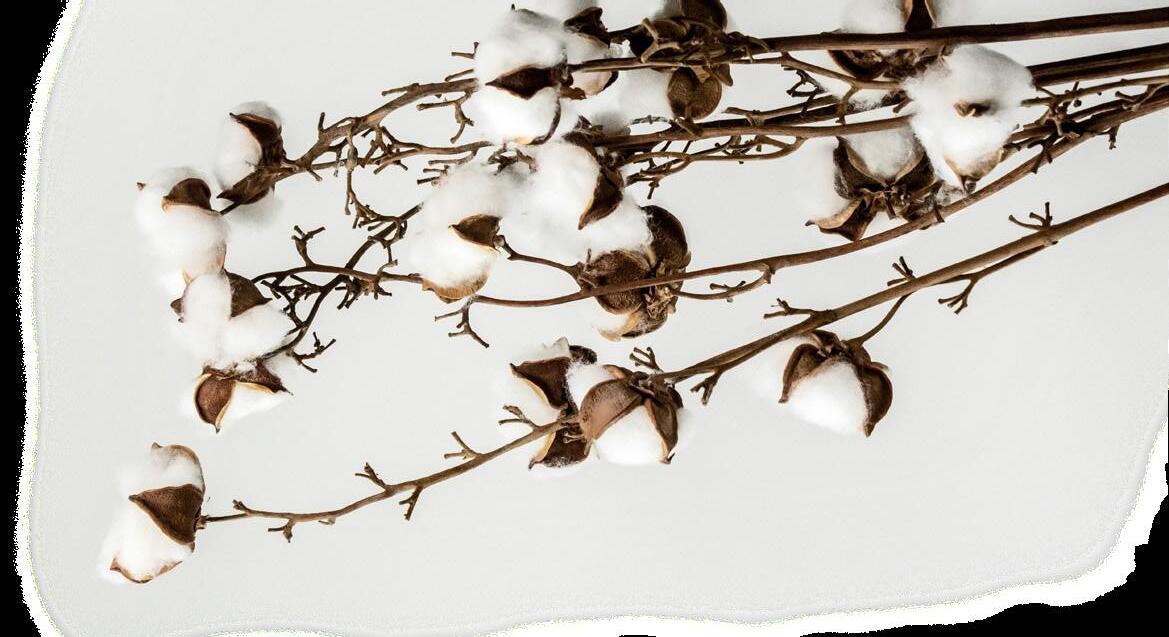
Just one pair of Fuze by KingGee midsoles using 15% BLOOM® RISE (EVA) helps to:
• Clean and restore 81.1 litres of water to the environment
• Clean 84.1 cubic meters of air to capture 61.3 grams of carbon dioxide.
Hard Yakka and KingGee Embrace 100% Australian Cotton
In FY23, Hard Yakka and KingGee introduced 100% Australian cotton t-shirts made with cotton fibres sourced from Australian cotton farming families. The high-quality cotton is grown by Australian cotton farmers that use sustainable growing practices. The cotton in the Hard Yakka and KingGee t-shirts can be traced back to Australian cotton farms.

The Hard Yakka and KingGee teams are currently exploring further opportunities to incorporate high-quality Australian cotton into other products and support Workwear Group’s target of 100% preferred* cotton by 2025.
About Cotton Australia
Cotton Australia is the peak body for Australia’s cotton growers, representing around 1,500 cotton farms in Australia. Cotton Australia supports the Australian cotton industry to be world-competitive, sustainable and valued by the community.
Better Cotton by NNT
NNT has been supplying uniforms to the professional services and healthcare industry for over 60 years. NNT’s focus is to remain a market leader by offering products engineered to industry needs, whilst reducing environmental impact whenever possible.
NNT is proud to invest in Better Cotton and is committed to increase the number of cotton products sourced as Better Cotton by 50% by 2025.
The Better Cotton initiative aims to help cotton communities survive and thrive, while protecting and restoring the environment. The program trains farmers to use water efficiently, care for the health of the soil and natural habitats, reduce use of the most harmful chemicals and respect the rights and wellbeing of workers.
Workwear Group Sustainability Progress Report 2023 13
Progress Highlights ENVIRONMENT
Workwear Group is committed to reducing its environmental footprint, taking action to address climate change, and contributing to a sustainable, low-carbon future for all.
Material Issues
• Climate change resilience
• Waste & packaging
• Product stewardship
Workwear Group recognises that its operations and its products require valuable resources. It takes responsibility for both minimising resource use and keeping resources in use for as long as possible.
Workwear Group is especially focussed on ways to embed climate change resilience, reduce waste and packaging, and better manage the environmental impacts of its products throughout their useful life and beyond.
FY23 Highlights
91.4%
71.3% of internal garments diverted from landfill
Scope 1 & 2 emissions reduction (from 2018 baseline)1
Reduced on-product packaging for Hard Yakka, KingGee and NNT workwear
END-OF-LIFE uniform
14 Workwear Group Sustainability Progress Report 2023
1
Location-based emissions for all sites where Workwear Group operates.
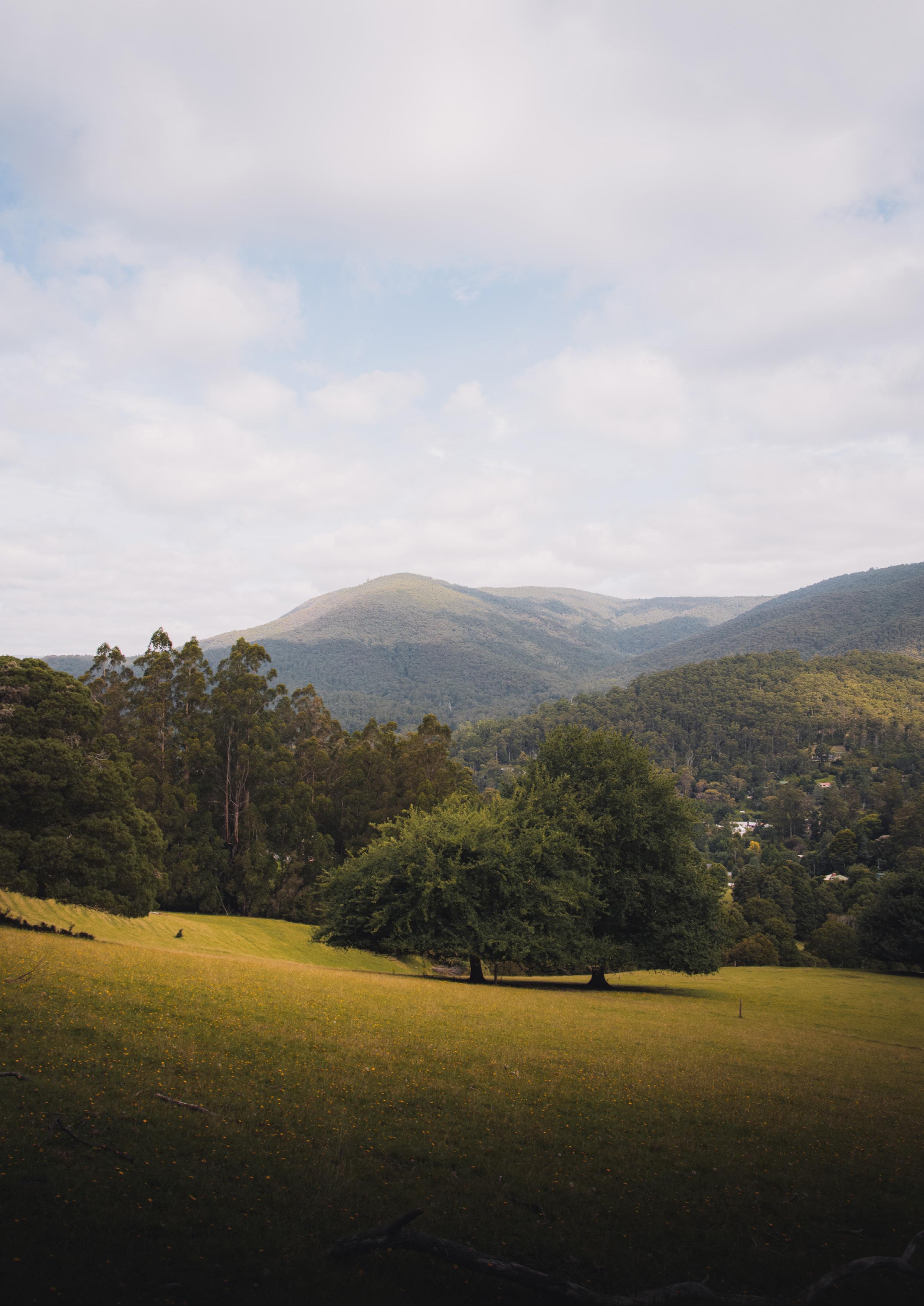
internal garments diverted landfill 91.4% Facilitated END-OF-LIFE uniform
solutions for customers
Climate Change Resilience
Workwear Group is taking deliberate action to reduce its greenhouse gas emissions and improve its climate change resilience. It has set strong emissions reduction targets in line with its 2035 Net Zero (Scope 1 and 2) goal, and is working hard to improve how it captures, discloses, and develops strategies to address Scope 3 emissions.
Key Targets
70% reduction Scope 1 & 2 by 2025 (based on 2018 baseline)1 and Net Zero by 2035**
FY23 Result
• 71.3% reduction in Scope 1 & 2 emissions based on 2018 baseline1
• Actual Scope 1 and 2 emissions equal to 898 tCO2e1
FY23 Highlights
• Recorded benefits from LED lighting installation in Workwear Group’s Port Melbourne office
• Reduced its fleet of vehicles by 40% and replaced 24 non-hybrid vehicles with hybrid alternatives (compared to FY21 baseline)
• Started purchasing renewable energy for Workwear Group New Zealand’s premises in Auckland.
Next Steps
• Pilot program to support overseas manufacturing partners to reduce their emissions (and therefore reduce Workwear Group’s Scope 3 emissions)
• Install solar panels at Workwear Group’s Melbourne Airport and Welshpool Distribution Centres.
1 Location-based emissions for all sites where Workwear Group operates.
**Disclaimer: Consistent with the Wesfarmers Climate Policy, baselines will be updated in the event of material or significant portfolio changes, such as material changes to production volumes (including through substantial plan investments) and mergers, acquisitions and divestments. Baselines will also be updated to reflect changes in greenhouse gas emission reporting protocols, including changes in reporting (including operational control) definitions. Should changes to baselines occur, then adjustments may be made to the interim Scope 1 and 2 emissions reduction targets or may be made to the net-zero targets.
Hard-to-abate sectors are those that are widely recognised as having no readily available or commercially viable technology to abate their carbon emissions. This is particularly acute for the divisions’ extensive distribution network whereby technologies are either newly commercialised, currently in development and/or currently economically unviable alternatives. The new interim and net-zero targets assume that emission-reduction technologies relating to distribution assets (including heavy vehicle distribution) will continue to develop in the coming years, as they have in recent years, and that in time they will become commercially viable and operate at scale to meet these targets. It is also assumed government policy will be supportive of climate change action.
16 Workwear Group Sustainability Progress Report 2023
Reported Scope 1 & 2 emissions Target Scope 1 & 2 emissions Reported and target Scope 1 & 2 emissions by financial year FY18 3130 0 500 1000 1500 2000 2500 3000 3500 FY19 2635 2109 FY20 2219 1546 FY21 1868 1326 FY22 1573 1010 FY23 Financial Year Reported emissions scope 1 & 2 1325 898 397 FY24 1115 FY25 939 FY26 791 FY27 666 FY28 560 FY29 472 FY30
Waste & Packaging
Workwear Group is actively taking steps towards reducing waste in its operations by facilitating recycling, reducing packaging, and using recycled materials in a wide range of products. It also works closely with suppliers, customers, and dedicated garment end-of-life solution providers to responsibly manage own-branded garments once they reach the end of their first useful life.
Recycling and Diversion from Landfill
Key Targets
3% waste reduction year on year by FY30 (based on FY22 baseline)
10% reduction waste to landfill year on year by FY30 (based on FY22 baseline)
90% of waste to be recycled by FY30.
FY23 Result
• Workwear Group’s overall annual waste increased by 42.5%, mostly due to construction waste from its Welshpool Distribution Centre upgrade
• 69 tonnes of waste was sent to landfill, an annual increase of 83.5%
• 207 tonnes of waste was diverted from landfill, an annual improvement of 32.6%.
FY23 Highlights
• Collected coloured soft plastic (predominantly post satchels) at the Melbourne Airport Distribution Centre for third-party recycling, rather than sending to landfill
• Introduced comingle recycling bins at the Melbourne Airport Distribution Centre to divert viable waste away from landfill
• Improved the accuracy of waste reporting to better drive and evaluate future waste reduction initiatives.
Next Steps
• Introduce alternative option and/or recycling solution for label backings
• Introduce recyclable or recycled paper towel alternatives.
Workwear Group Sustainability Progress Report 2023 17
Waste volume FY23 *Other includes clear and coloured soft-plastics, organics, timber and secure destruction of documents. Paper and cardboard Landfill Comingle Other * 1% 2% 27% 70%
Packaging
Key Targets
100% of packaging being reusable, recyclable or compostable by 2025
70% of plastic packaging being recycled or composted by 2025
50% of average recycled content included in packaging (revised from 30% in 2020) by 2025
The phase out of problematic and unnecessary single-use plastics packaging by 2025.
Thesetargetsarealignedtothe2025APCO(AustralianPackagingCovenantOrganisation)NationalPackaging Targets.WorkwearGroupisanAPCOsignatory.
FY23 Result
• 85% of total swingticket fasteners used across Workwear Group products were jute twine
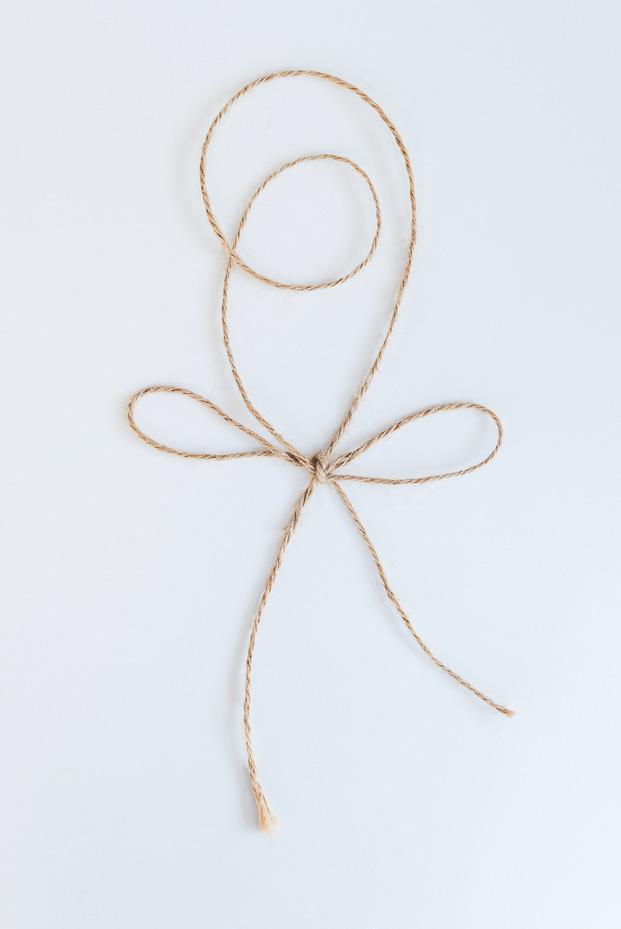
• Approximately 200,000 cardboard cartons transitioned to recycled inputs for FY24.
FY23 Highlights
• Improved Hard Yakka, KingGee and NNT on-product packaging, including transitioning to a single swing ticket or joker tag, phasing out plastic kimbles in favour of jute twine and paper or cotton string, and transitioning to recycled garment polybags
• Implemented a Responsible Packaging Policy and Packaging Standard to deliver consistent, minimum standards for ownbrand packaging
• Introduced recycled content standards for cardboard cartons and garment polybags, and requirements for consumer recycling instructions.
Next Steps
• Remove single-use plastics like small plastic clips and kimbles from accessories such as socks and underwear
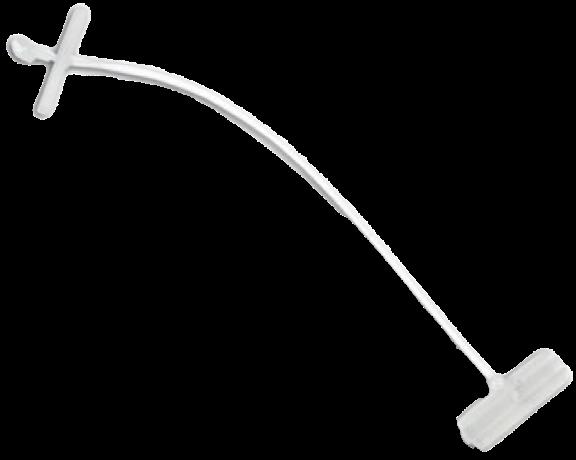
• Implement recycled shipping satchels across all Workwear Group sites
• Further transition away from conventional virgin and recycled garment polybags to lower-impact alternatives.
18 Workwear Group Sustainability Progress Report 2023
✔ ✗
Finding Solutions for Soft Plastics
Workwear Group’s Melbourne Airport Distribution Centre is the central hub for receiving and distributing its uniforms, workwear, and footwear. The 27,000sqm site operates 18 hours per day and moves over seven million units each year, creating a significant volume of waste. Finding solutions for the Distribution Centres’ various waste streams is therefore critical for Workwear Group to realise its waste targets. A comprehensive waste audit identified that a large proportion of waste to landfill at the Melbourne Airport Distribution Centre was due to coloured soft plastics from customer returns. To address this challenge, the Melbourne Airport Distribution Centre engaged a third-party supplier to collect coloured soft plastic for diversion away from landfill.
In FY23, over one tonne of coloured soft plastic was collected from the Melbourne Airport Distribution Centre for recycling. The Melbourne Airport Distribution Centre also continued to divert cardboard and clear soft plastic away from landfill to be recycled by a third-party provider.
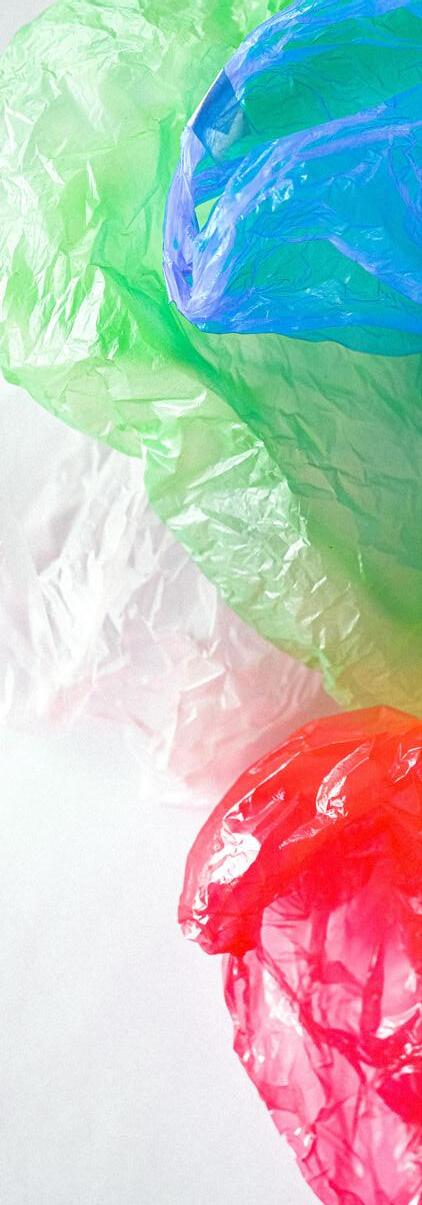
Brands Leading the Way in Waste Reduction
Workwear Group brands Hard Yakka, KingGee and NNT have made strong progress in reducing and/or switching to more sustainable on-product packaging.
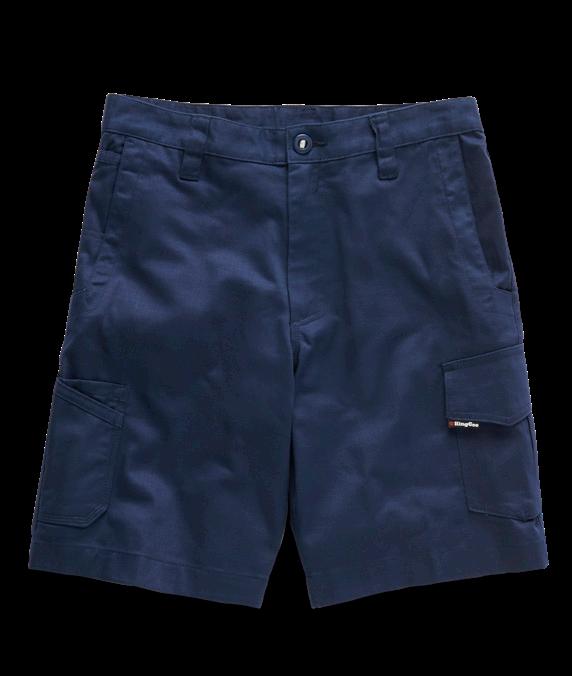
Moved to one swing ticket only, except where required for compliance purposes. Swing tickets are printed using soybased ink on and attached to garments using either jute twine, thread or similar alternative instead of plastic attachments.
All woven brand labels on NNT garments are made with recycled polyester from post-consumer waste materials, including recycled PET bottles.
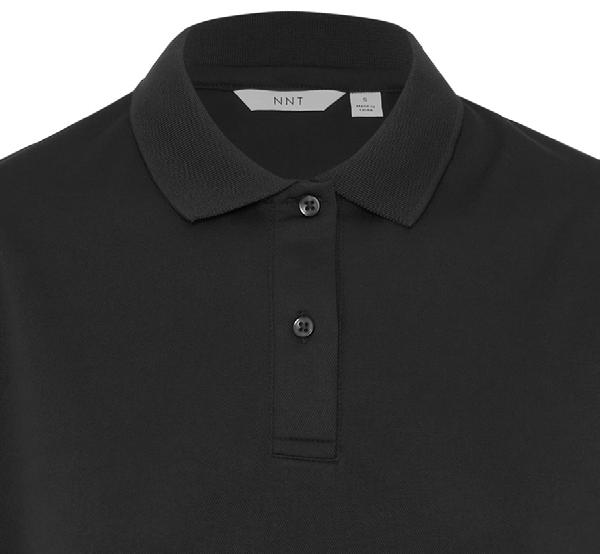
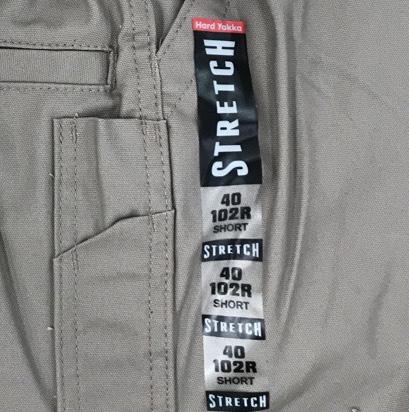
Workwear Group Sustainability Progress Report 2023 19
Hard Yakka and KingGee are removing plastic stickers from newly developed products and phasing out plastic sticker use on existing products
Provide information on proper recycling and disposal practices by using clear iconography on key packaging items such as shoe boxes, poly bags, swing tickets, and cartons.
TK-2482-HY By choosing our cotton products, you’re supporting our investment in Better Cotton’s mission. This product is sourced via system of mass balance and therefore may not contain Better Cotton.
Garment End-Of-Life Solutions
Key Targets
Divert 100% of internal* garments from landfill by FY27
Facilitate end-of-life service offering for business-to-business (B2B) uniform customers by FY27.
FY23 Result
• 91.4% of internal garments (equal to 16.6 tonnes of textile waste) diverted from landfill through re-use, mechanical and chemical recycling, and composting
• Of diverted textile waste, 26% was re-used, 56% was mechanically recycled, 6.8% chemically recycled and 3.1% composted.
FY23 Highlights
• Established a drop-in bin program at all of Workwear Group’s Australian sites to capture excess fabric, unsellable garments, and footwear for diversion to end-of-life solution providers or donation to charitable organisations
• Actively connected customers to end-of-life providers BlockTexx, UPPAREL and Worm Tech to support uniform recycling.

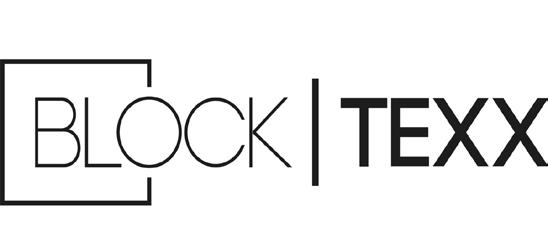
Next Steps
• Develop a roadmap and pilot program(s) to transition toward a more circular model for uniforms and workwear
• Provide a standardised suite of garment endof-life solutions for customers.
Connecting Our Customers With End-Of-Life Solutions
Australia & New Zealand’s leaders in textile recovery and recycling.
The world’s leading chemical recycling clean technology company that separates and recovers both polyester and cellulose from textiles and clothing.
Diverts valuable organic resources like cotton and wool from landfill and converts into high grade biological fertilisers.
20 Workwear Group Sustainability Progress Report 2023
*Internal garment refers to any textile waste generated by Workwear Group at a Workwear Group location (excludes used or new garments held by our customers) regardless of who technically owns the product - e.g. samples, unsellable returns, fabric offcuts, excess and obsolete stock.
Maximising Uniform Design, Minimising Waste
A customer approached Workwear Group, not just wanting a uniform, but requiring a complete solution for garment end of life which would reduce the amount of waste going into landfill and maximise the recycled component of decommissioned uniforms. Workwear Group developed a solution, using the current uniform and additionally provided new designs that incorporated innovative design solutions to reduce the amount of decommissioning through the use of alternate trims.
Through key partnerships with third-party suppliers, Workwear Group developed a process to:
• Securely collect garments
• Decommission and remove non-recyclable components such as buttons and zippers
• Secure removal and shredding of garments
• Chemical recycling through BlockTexx’s S.O.F.T. (Separation of Fibre Technology) process that recovers polyester and cellulose from textiles and clothing, turning old uniform apparel into high quality recycled materials.
The recovered recycled polyester, PolyTexx® is suitable for use in injection moulding for plastic products, geosynthetic fabrics and building products.
The recovered cellulose is processed to create CellTexx® branded cellulose clay, providing valuable resource for sectors such as land reclamation, agriculture and construction.
Decommissioned items and waste generated from 3000 items
CURRENT UNIFORM WASTE
281kg of offcuts
= 638 garments
=approx. 319 complete uniforms(shirts and pants)
REDESIGNED UNIFORM MINIMISING WASTE
140kgs of offcuts
=319 garments
= approx. 159 complete uniforms (shirts and pants)
Workwear Group Sustainability Progress Report 2023 21
Transitioning to a More Circular Approach
Workwear Group seeks opportunities to minimise waste within each aspect of the garment production, distribution, use and end-of-life cycle. This includes embracing innovative product design so garments can be more easily and effectively recovered and reused; using greater recycled and recyclable raw materials; and supporting recycling, regeneration, and reuse of its own products via third-party providers and charity partners.
As part of its shift towards more a circular value proposition, Workwear Group is changing the conversation with its customers, suppliers, and partners from garment ‘end-of-life’ to a more holistic ‘whole of life’ view. It is continually testing new opportunities to embed more circular principles across its product design, customer solutions and broader business models.
Optimise manufacturing processes to reduce waste
Phase out materials, chemicals and trims of concern
Design with end-of-life in mind and reduce material use
Reduce and recycle chemicals and water in the manufacturing process
Reduce emissions in the manufacturing process
PRODUCTION
Choose regenerative natural fibres
Increase the use of recycled inputs
Redesign/Reduce
Reduce ➔
DISTRIBUTION & USE
CIRCULAR WORKWEAR
RAW MATERIALS
Closed-loop fibre to fibre recycling
Using circular materials into new products
Compostable products that regenerate nature when they can no longer be used
A genuine circular model closes this loop so materials never cascade to other industries (downcycling) or end up as waste. They become valuable raw materials that go back into textile and footwear production and when they can no longer be used, they regenerate nature.
Biological cycles
REGENERATE
END-OF-LIFE
Technical cycles
RECYCLE
Legend
What Workwear Group is already doing
What Workwear Group is seeking to do more of
What Workwear Group is not yet doing
Increase garment use by improving durability
Enable reuse/ repurpose through decommissioning strategies
Reduce and use recycled and recyclable packaging
Repair to extend product life
Circular business models like rental and recommerce
Minimise garments to landfill
Recycle (mechanical and chemical) garments
Regenerate nature by composting natural fibres
Waste-to-energy combustion of balance materials
Donate wearable garments to charitable organisations
22 Workwear Group Sustainability Progress Report 2023
Reuse/Recycle ➔
➔
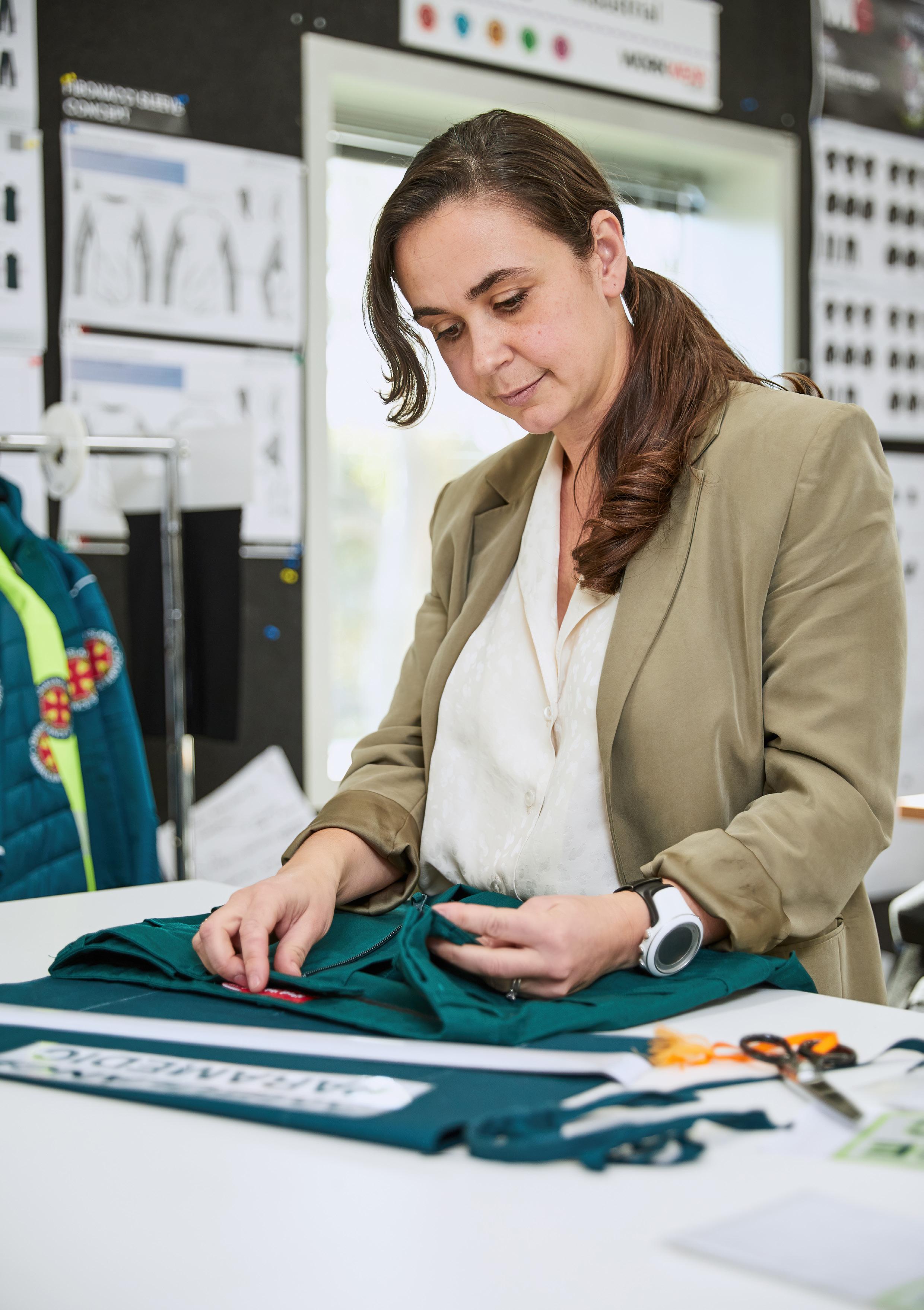
Progress Highlights PEOPLE
Workwear Group aims to be an employer and partner of choice, and deliver better performance, by providing a safe and welcoming workplace that embraces diversity.
FY23 Highlights
Material Issues
• Health, safety and wellbeing
• Diversity and inclusion
• People development
Workwear Group is committed to safe, healthy, and respectful work environments, and to building a culturally safe and welcoming organisation where people from all backgrounds are able to thrive.
~190% year-on-year increase in spend with Indigenousowned businesses
24 Workwear Group Sustainability Progress Report 2023
Reconciliation Commitment

aligned to Wesfarmers’ Reconciliation Action Plan Reconciliation Commitment Statement Developed a
Reconciliation
Workwear Group is proud to support Wesfarmers’ Reconciliation Action Plan and its vision for an Australia that affords equal and equitable opportunities for all. Workwear Group’s reconciliation efforts are built on a foundation of mutual respect and shared benefit, and focus on learning, engagement, connection, and celebration.
Key Targets
1.5% Aboriginal & Torres Strait Islander employment across permanent workforce (approximates to seven team members)
$300,000 spend with Indigenous-owned suppliers.
FY23 Result
• Workwear Group employed four team members that identified as Aboriginal or Torres Strait Islander across the 2022/2023 financial year. This included two interns as part of the CareerTrackers program.
• As at 30 June 2023, Workwear Group employed one team member that identified as Aboriginal or Torres Strait Islander
• Workwear Group increased year-on-year spend with Indigenousowned businesses by nearly 190% to $120,524 AUD.
FY23 Highlights
• Developed a Reconciliation Commitment Statement that sets out how Workwear Group will contribute to reconciliation and Wesfarmers’ Reconciliation Action Plan.
• Engaged with two employment providers to proactively address workplace diversity. This resulted in 13 referrals and 11 candidate interviews, with four candidates offered roles and three commencing casual employment.
• Workwear Group brand NNT donated 50 polo shirts to the Fred Hollows Foundation’s Indigenous Australia Program. The polo shirts feature an Aboriginal artwork to promote cultural safety and strengthen the relationship between healthcare providers and patients.
Next Steps
• Progress a new procurement target for Workwear Group New Zealand to support Maori and Pasifika-owned businesses
• Accelerate progress against all targets through Workwear Group’s dedicated Internal Steering Committee.
26 Workwear Group Sustainability Progress Report 2023
Financial Year FY21 0.0M 0.1M 0.2M 0.3M 13,380 300,000 FY23 41,610 300,000 FY23 120,524 300,000 Indigenous spend (SAUD) Indigenous supplier spend against target by financial year Indigenous spend reported Indigenous spend target
CareerTrackers Internships
Over the past few years, Workwear Group has proudly hosted young Indigenous students from CareerTrackers, including through a FY23 intern placement.
CareerTrackers is a not-for-profit organisation that supports pre-professional Indigenous university students, linking them with employers for paid, multi-year internships. Workwear Group was fortunate to host Alyssa Richardson (pictured below) in its wholesale Digital and Marketing team for both summer and winter internships. Alyssa, studying a Bachelor of Commerce in Marketing at the University of Melbourne, sought to apply her academic knowledge in a hands-on work environment.

During her time at Workwear Group, Alyssa worked on projects such as evaluating Hard Yakka and KingGee’s product descriptions, migrating image libraries, engaging with influencers, and crafting content for social media. Under the guidance of Justin Williams, Senior Digital Marketing and eCommerce Manager, and Kathryn Dawson-Lee, Brand and Content Manager, Alyssa flourished.
Workwear Group is committed to seeking further opportunities to host CareerTrackers interns, as part of its continuing focus on improved Indigenous talent recruitment.
Workwear Group Sustainability Progress Report 2023 27
Alyssa’s creativity and drive were crucial in our campaigns and digital projects. Her eagerness to innovate added freshness to our strategies.”
-- Justin Williams
Hosting Alyssa not only broadened our diverse workforce but also nurtured talents that will undoubtedly shape the industry’s future.”
“ “
-- Kathryn Dawson-Lee
Workwear Group strives to do the right thing by its people, the environment, and the communities it operates in.
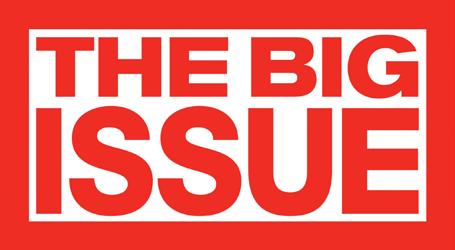
Material Issues
• Community contributions
FY23 Highlights
$224,421
in community contributions
Created
110 hrs
Workwear Group’s community focus is on forming meaningful long-term partnerships with cause partners. As well as providing financial and volunteering support, it leverages its leadership, functional and technical skills for the benefit of not-for-profit organisations aligned to its purpose and values. of paid work for The Big Issue’s Women’s Workforce
NEW for
28 Workwear Group Sustainability Progress Report 2023
Progress Highlights COMMUNITY
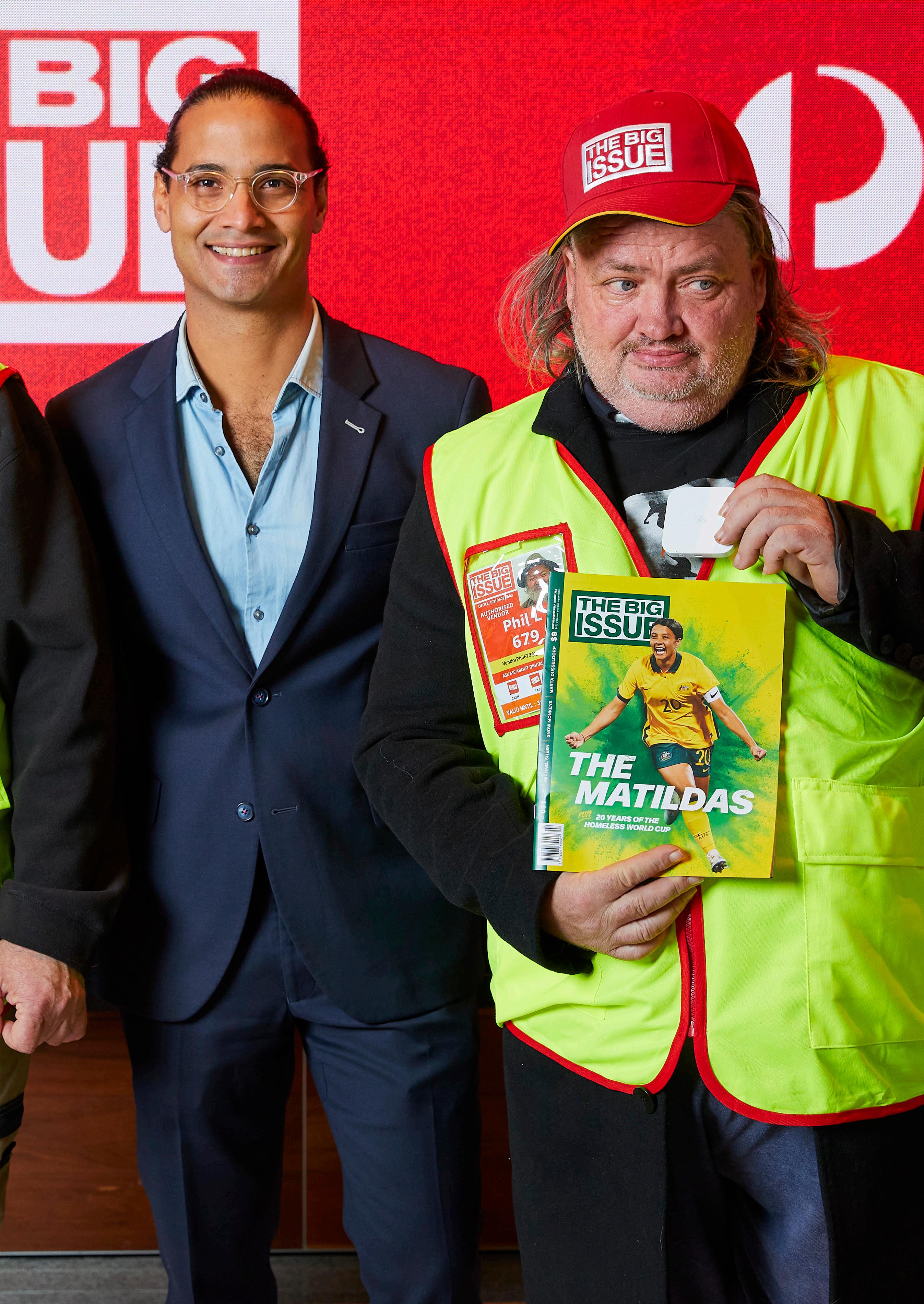
Designed a NEW UNIFORM for The Big Issue vendors
Arthur Tomasse, Workwear Group Design Manager Uniforms and Phil, The Big Issue Vendor.
The Big Issue
Workwear Group’s corporate cause partner is The Big Issue, a social enterprise that helps people experiencing marginalisation, disadvantage or are at-risk of homelessness.
Workwear Group is in the business of helping people feel proud, protected, and positive at work, and The Big Issue also supports this vision, by creating work opportunities for people struggling to access mainstream employment.
Helping The Big Issue Vendors Feel Proud at Work With a New Uniform Design
Workwear Group continued to drive social impact for The Big Issue by leveraging its functional and technical expertise to create a refreshed uniform for The Big Issue’s magazine vendors.
Workwear Group’s product designers worked closely with The Big Issue team and spent time with magazine vendors on the streets of Melbourne to understand how they wear the uniform, what they like and don’t like, and what improvements could be made. Using this feedback, product designers developed a refreshed and highly functional uniform.
Workwear Group’s iconic brand, Hard Yakka, was the perfect brand for the hard-working magazine vendors. The updated uniform design prioritises comfort and functionality, and directly addresses vendor feedback through more and bigger pockets. The uniform is made from high quality, ethically sourced fabrics and trims, which meet Workwear Group’s rigorous ethical sourcing and quality standards.
Feedback from The Big Issue team has been extremely positive, with vendors expressing their pride and gratitude to Workwear Group for the refreshed uniform design.

30 Workwear Group Sustainability Progress Report 2023
Supporting the New Zealand Community in Times of Need
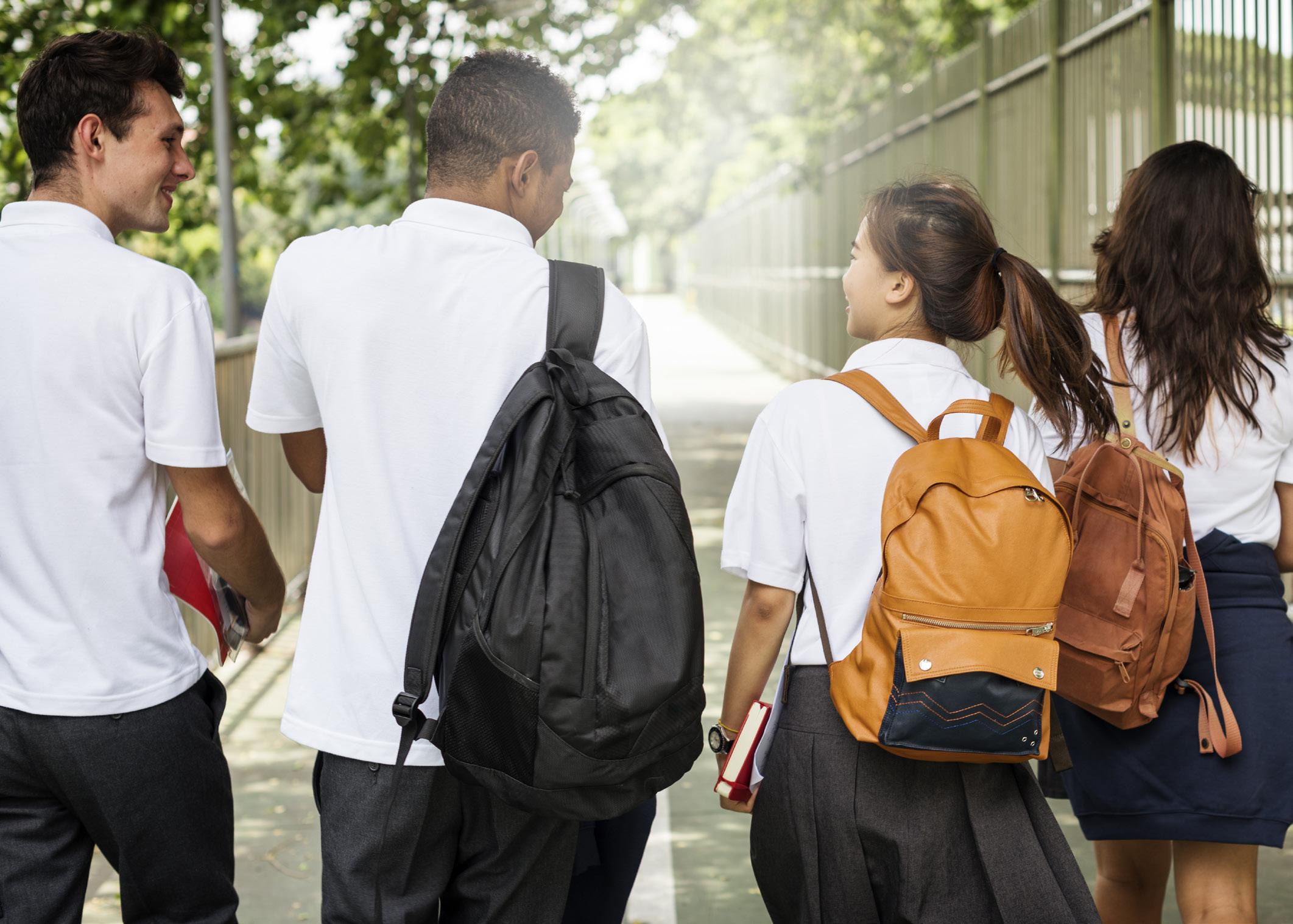
Workwear Group New Zealand is committed to supporting the community it operates in, and the social causes its team is passionate about. In FY23, the Workwear Group New Zealand team selected ‘I Am Hope’ as its preferred cause partner and recipient of team-based fundraising activities. I Am Hope is dedicated to changing the youth mental health conversation in New Zealand through its I Am Hope school programme, tours, and ambassadors.
Workwear Group was also proud to provide a $10,000 monetary donation to the New Zealand Red Cross Disaster Fund in February 2023. This donation supported community members affected by Severe Tropical Cyclone Gabrielle, which was the most significant weather event experienced by New Zealand this century.
Workwear Group Sustainability Progress Report 2023 31
Data Table
The following table provides an overview of the material issues Workwear Group reports on. It includes a breakdown of our key metrics, commencing from 2021 to current financial year. Note: A definition of each metric can be found in the table below.
1. Workwear Group’s cotton-sourcing commitment target for 2025 has been revised since FY22, updating from 100% Better Cotton to 100% preferred cotton by 2025. This allows Workwear Group to access lower-impact alternatives in its cotton portfolio. Preferred cotton includes: cotton sourced as Better Cotton, Australian Cotton, recycled cotton and organic cotton.
2. Scope 3 data collection has been completed in good faith and utilising available date sources, as well as assumptions in areas where data is unavailable at time of reporting. Collection methods have significantly improved since FY22 and the overall data is more comprehensives than in FY22, the number published should be considered an estimated indication of the baseline rather than a finite number.
3. Recycled polyester data accurate at the time of reporting.
32 Workwear Group Sustainability Progress Report 2023 Pillar Material Issue Metric Unit FY21 FY22 FY23 People Health, safety and wellbeing Total Recordable Injury Frequency Rate (TRIFR) # 3.59 4.33 4.29 Diversity and inclusion Women in leadership Women in senior leadership roles. % 42.70% 44.70% 41.50% Diversity and inclusion Indigenous spend $ AUD $13,380 $41,610 $120,524 Diversity and inclusion Indigenous employment % 0.43% 0.50% 0.24% Learning and development Learning hours hours New metric FY23 5033 Learning and development Learning (per capita) hours New metric FY23 8.94 Sourcing Ethical sourcing and human rights Number of semiannounced audits # New metric FY23 44% Ethical sourcing and human rights Employees trained in modern slavery % New metric FY22 95% 98.20% Product safety Return rate % 0.10% 0.11% 0.13% Product safety Recalls # 0 0 0 Product safety Pass rate % 99% 98% 99% Product safety Number of trust & Verify audits # 440 494 641 Fibres Preferred cotton1 % 30% 65% 77.50% Fibres Recycled polyester3 % 10% 15% 32.30% Environment Emissions Scope 1 & 2 emissions tCO2e 1326 1010 898 Emissions Scope 3 emissions tCO2e New metric FY22 605092 1067642 Waste Waste to landfill tons 61 38 69 Waste Waste recovered tons 146 156 207 Product stewardship Textile diverted from landfill kg New metric FY22 4289 13038 Product stewardship Textile waste to landfill kg New metric FY22 917 1569 Community Community contribution Financial & in-kind contributions $ AUD $158,788 $174,160 $224,421 Community Volunteering hours (per capita) hours New metric FY23 0.65
About this Report
This report has been prepared by the Workwear Group management to provide an overview of the Workwear Group’s sustainability performance for the FY23 period.
The information in this report is given in good faith and derived from sources believed to be accurate at the time of reporting however it has not been independently audited and external assurance has not been sought. Users of this material should rely on their own enquiries in making any decisions which relate to the content in this publication.
Reporting of Scope 1 and 2 greenhouse gas data is completed under National Greenhouse and Energy Reporting Act 2007. tCO2e is a location-based figure and applies to locations relevant to Workwear Group operations.
This report includes estimates, projections, and other forwardlooking statements which are generally identified by the words “believe,”,” “aim”, “target”, “project,” “expect,” “goal” “anticipate,” , “objective”, “estimate,” “intend,” “strategy,” “future,” “opportunity,” “plan,” “may,” “should,” “will,” “would,” “will be,” “will continue,” “will likely result,” and similar expressions. Forward-looking statements are based on current expectations and assumptions that are subject to risks and uncertainties many of which are beyond our control that may cause actual results to differ materially from those expressed in statements contained in this report. We undertake no obligation to update or revise publicly any forward-looking statements, whether because of new information, future events, or otherwise.
All dollar figures are expressed in Australian dollars (AUD) unless otherwise stated.
All references to ‘Indigenous’ people are intended to include Aboriginal and/or Torres Strait Islander people.
Workwear Group Sustainability Progress Report 2023 33
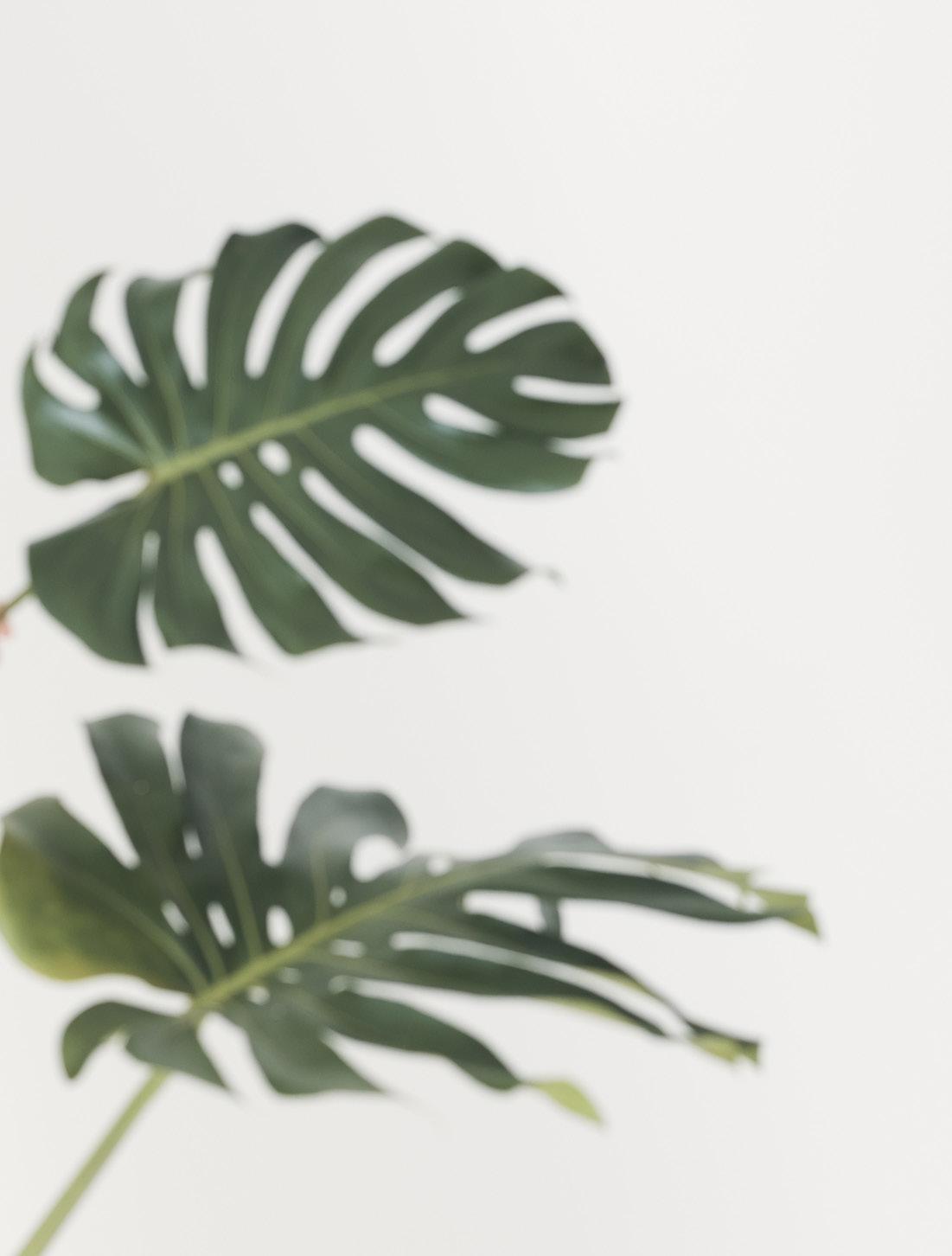
SUSTAINABILITY PROGRESS REPORT 2023





























